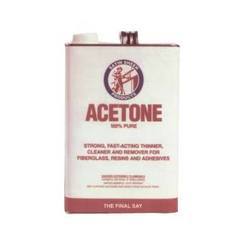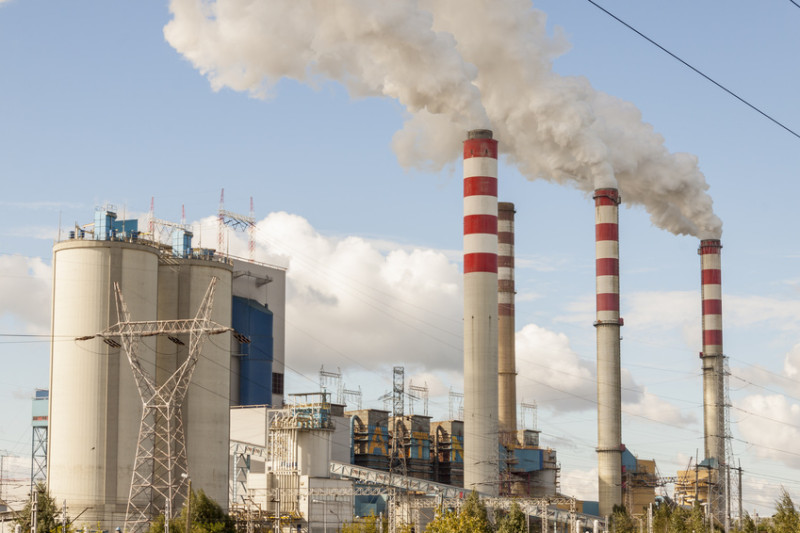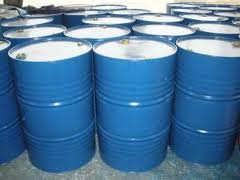Acetone and butyl acetate are an organic compounds. Import of acetone can be proceeded in barrels, observing all safety rules and preparation of contract, by any means of transport. If you want to book transportation acetone, please contact our company and experts prompt you the best shipping option. By the way, import of solvents mainly proceeded the same way.
Import of butyl acetate is proceeded in galvanized steel drums and transported in covered wagons or carload LCL shipments by rail. In addition, the product is transported in special rail tank cars with universal discharge device or top discharge.
N-butanol or butyl alcohol and isobutanol are alcohols. Import of isobutanol and import of normal butanol is proceeded in auto tankers or special railway tankers as well as other alcohols.
Okay, let's talk about other organic and inorganic polymers, and we'll begin with plastic.
The main markets for plastics are packaging, housing construction, containers, pipes, trucks, toys and games. Among the polymers largest share goes to polyethylene (PE), used for the production of packaging, containers and pipes, films, various capacities and technical fibers. Another important polymer is polyvinyl chloride (PVC), which found an application in construction pipes, finishing and heat-insulating materials, to a lesser extent - in the manufacture of packaging and transport. Polypropylene (PP), in addition to the above mentioned markets, is used in the manufacture of fabric and carpeting. Polystyrene (PS) is used in the manufacture of toys, car parts, radio industry. The most important raw materials for the production of polymers are products of the large petrochemical and related chemicals, which in their turn are made from liquefied petroleum gas (NPG), natural gas and crude oil. Sales of these materials are about 30% of the total production of basic chemicals. For large tonnage chemical include ethylene, propylene, benzene, toluene, methanol, monomeric vinyl chloride, styrene, butadiene, etc. These chemicals are used mostly for the production of polymers, other organic chemicals and special chemical products. Other chemicals - derivatives and basic chemicals ( synthetic rubber, paints and varnishes, turpentine, resins, carbon black, explosives and rubber products ) - are accounted for approximately 20 % of the production of basic chemicals.
Special chemicals are products with relatively high added value and are fairly fast-growing segment of innovative chemical industry with differentiated final markets. Growth rate of this segment is on average 1.5-3 times higher than the growth rate of world GDP. These products are appreciated in the market for their specific functional qualities. They include electronic chemicals (intended for electronic devices and equipment), industrial gases, adhesives, various protective VAP, industrial cleaning chemicals, catalysts. Special chemicals are also called "fine chemicals".
Consumer chemicals include soaps, detergents and cosmetics. The pace of growth in this segment chemistry is broadly consistent to GDP growth.




